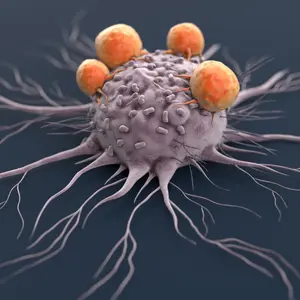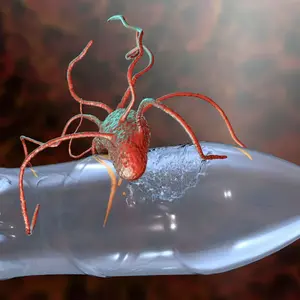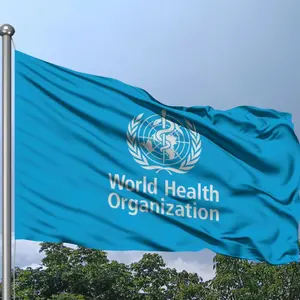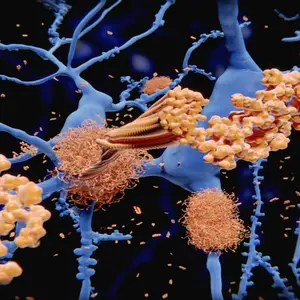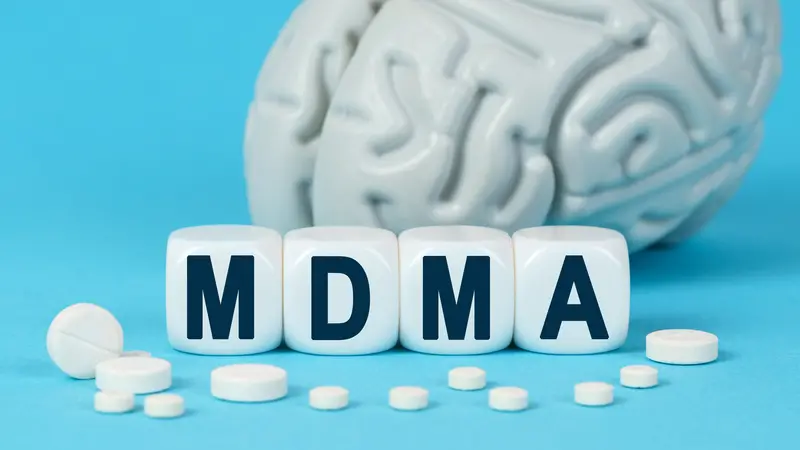

Mental and Behavioral Well-Being

Mental and Behavioral Well-Being
Study Finds Psychoactive Drug Can Treat PTSD
Psychedelic drugs have a long-standing negative reputation as illegal and dangerous, but new research shows they may have a future as an effective treatment for post-traumatic stress disorder (PTSD).
The new study, conducted by the US Food and Drug Administration (FDA) in partnership with the Multidisciplinary Association for Psychedelic Studies, examined the safety and effectiveness of the psychedelic drug 3,4-Methylenedioxymethamphetamine (MDMA), also known as Ecstasy. MDMA is not hallucinogenic, but it increases empathy, an effect researchers believe plays a role in healing trauma.
The randomized, double-blind, placebo-controlled study compared two groups of participants—one that received MDMA-assisted therapy and one that received an inactive placebo with therapy. Both groups received three eight-hour sessions every four weeks along with weekly therapeutic integration sessions to process the preceding experiences during the last nine weeks of the study. The study assessed PTSD severity on a variety of measures and also evaluated levels of functional impairment in daily life.
After about four months of treatment, both groups had reduced PTSD severity, but the MDMA-assisted therapy group had improved their severity scores an average of 12 points more than the placebo group. In addition, the MDMA-assisted therapy group improved functional impairment scores significantly more than the placebo group.
After 18 weeks, about two-thirds of the MDMA group no longer met the DSM-5 criteria for PTSD, as compared to about one-third of the placebo group. PTSD remission, defined as a decrease of at least 10 points on the PTSD severity scale, was achieved by 33% of the experimental treatment group compared to only 5.4% in the placebo group.
The safety of the MDMA-assisted therapy was measured by comparing adverse events such as self-harm or suicidal thoughts to the placebo. Due to known side effects of MDMA such as increased heart rate and blood pressure, the scientists also evaluated cardiac events. They found no significant safety differences between the two groups.
MDMA is currently designated by the FDA as a “breakthrough therapy,” on a fast track for experimental research and approval. This study is one of two phase 3 clinical trials required in order to attain FDA approval for treatment of PTSD with MDMA. Because MDMA can act as a support to directly address the trauma in therapeutic sessions, rather than simply treating symptoms, experts believe MDMA is poised not just to change the course of clinical treatment for people suffering from PTSD but to transform the entire psychiatric field.
REFERENCES
Peter Attia, MD. (2021, May 30). MDMA for PTSD? https://peterattiamd.com/mdma-for-ptsd/


 By
By




